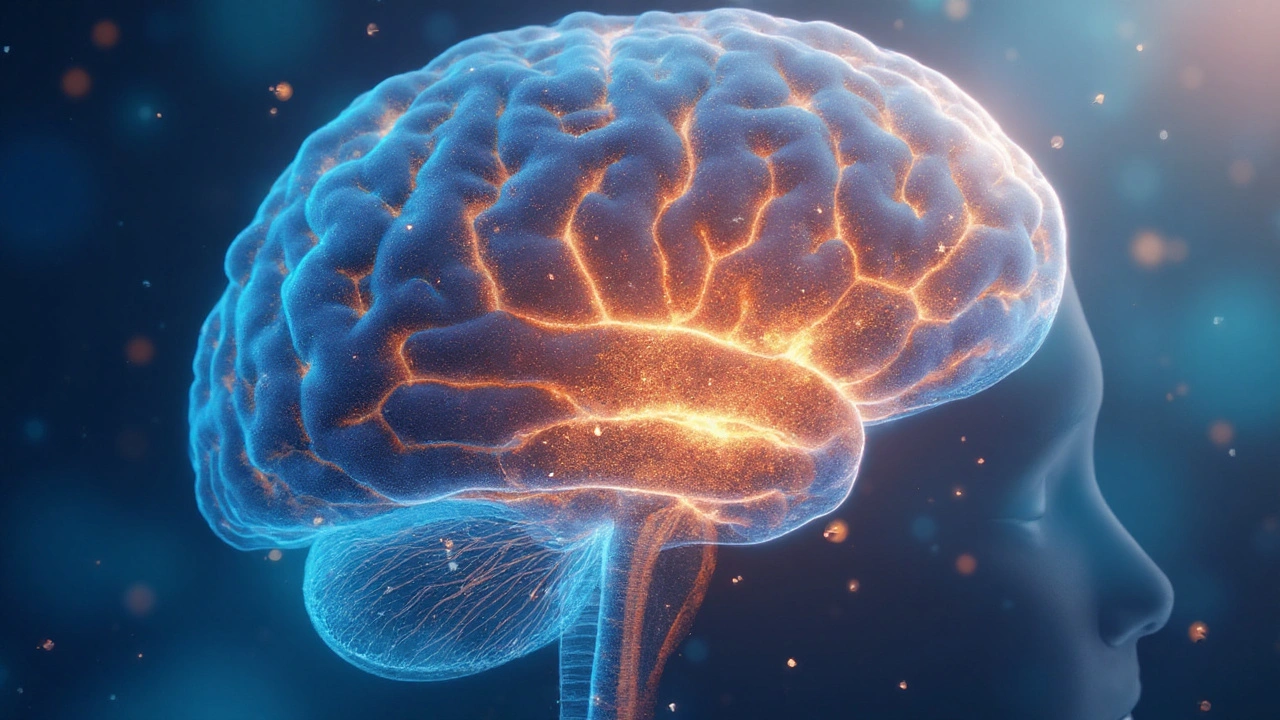Brain Energy – How to Keep Your Mind Powered All Day
Ever feel like your brain runs out of gas mid‑day? You’re not alone. Most of us hit that mental slump after lunch, during a long meeting, or right before bedtime. The good news is that brain energy isn’t a mystery – it’s driven by simple habits you can tweak right now.
What Powers Your Brain?
Your brain uses about 20% of the body’s calories, even though it’s only 2% of your weight. It relies on glucose, oxygen, and a handful of key nutrients to stay sharp. When glucose drops or oxygen flow is limited, you notice slower thinking, fuzzy memory, and low motivation.
Besides food, factors like sleep quality, stress levels, and movement affect how efficiently the brain converts fuel into thoughts. Even tiny imbalances in blood sugar or dehydration can make you feel foggy.
Practical Ways to Boost Brain Energy
1. Eat for fuel, not just flavor. Choose complex carbs (whole grains, oats, sweet potatoes) that release glucose slowly. Pair them with protein (eggs, beans, nuts) to keep blood sugar steady. A quick snack of apple slices and almond butter can rescue you from a crash.
2. Hydrate like you mean it. Dehydration cuts mental performance by up to 30%. Aim for at least 8 cups of water a day, and add a pinch of sea salt if you’re active.
3. Move your body. Light exercise – a 10‑minute walk or a few stretches – spikes blood flow to the brain, delivering more oxygen and nutrients. It also triggers the release of BDNF, a protein that supports memory.
4. Prioritize sleep. Seven to nine hours of quality rest consolidates memories and clears metabolic waste from the brain. If you struggle to fall asleep, dim lights an hour before bed and avoid screens.
5. Manage stress. Chronic stress burns through mental reserves. Simple breathing exercises, a short meditation, or a hobby can lower cortisol and protect brain energy.
6. Consider safe supplements. Research shows that a few natural compounds can help. Caffeine, in moderation, sharpens focus. Pangamic acid (sometimes called “vitamin B15”) is marketed as an energy‑boosting supplement; some users report better endurance during mental tasks. Always choose reputable brands and check with a healthcare professional before starting.
7. Keep a balanced omega‑3 intake. DHA, found in fish oil, builds cell membranes that improve signal transmission. If you’re vegan, algae‑based DHA works just as well.
Putting these steps together doesn’t require a complete lifestyle overhaul. Start with one change – maybe swapping sugary soda for water – and notice how your concentration improves. Then add another habit the next week. Small, consistent tweaks add up to a brain that feels more energized, focused, and ready for whatever the day throws at it.
Remember, brain energy is just like any other fuel: it needs a steady supply, clean delivery, and a well‑tuned engine. By feeding it the right foods, staying hydrated, moving regularly, and protecting it from stress, you give yourself the best chance to think clearly and stay productive all day long.

- Sep, 1 2025
- Comments 8